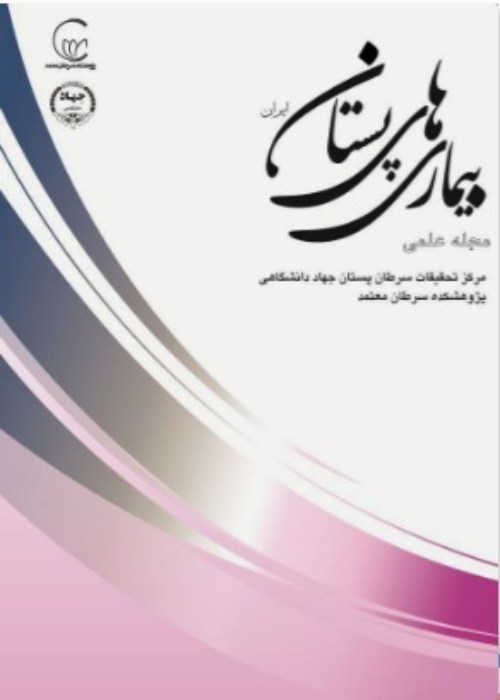Assessing Self-efficacy for Coping with Cancer: Psychometric Analysis of the Cancer Behavior Inventory (CBI)
Self-efficacy refers to an individual’s belief in their capacity to execute a specific behavior. Believing that individuals themselves are responsible for their health can lead to the adoption of health behaviors. This study aimed to conduct a confirmatory factor analysis of a Cancer Behavior Inventory (CBI) for Iranian female breast cancer patients.
This was a descriptive-analytic study. First, we establishing the content and face validity of the instrument. Then, 345 breast cancer patients were selected from cancer treatment centers of Kerman city by convenience sampling to evaluate the psychometric properties of the instrument. The participants completed the CBI and the General Self-efficacy Scale. The instrument validity was assessed using exploratory and confirmatory factor analysis (structural validity) and correlational methods (concurrent validity), and the internal and external reliability were evaluated by calculating Cronbach’s alpha coefficients and using the test-retest method, respectively. Analyses were performed using SPSS 19 and AMOS software packages.
Confirmatory factor analysis of the 31-item questionnaire, consisting of 7 subscales, was conducted after removing items 3 and 5. A significant correlation between each subscale and the General Self-efficacy Scale and also between the overall scale and the General Self-efficacy Scale confirmed the concurrent validity of the questionnaire. The reliability of the questionnaire was confirmed based on a Cronbach’s alpha coefficient value of 0.75 (ranging from 0.69 to 0.74 for the seven factors). The 1-month test-retest reliability, assessed by readministering the test to 30 cancer patients, ranged between 0.67 and 0.74 (P < 0.01), which shows acceptable reliability of the CBI over time.
The CBI has acceptable validity and reliability. The seven factors extracted for the CBI matched those identified in the original version. The present study introduces a tool that can be useful in assessing and evaluating the self-efficacy of breast cancer patients during treatment.
- حق عضویت دریافتی صرف حمایت از نشریات عضو و نگهداری، تکمیل و توسعه مگیران میشود.
- پرداخت حق اشتراک و دانلود مقالات اجازه بازنشر آن در سایر رسانههای چاپی و دیجیتال را به کاربر نمیدهد.


